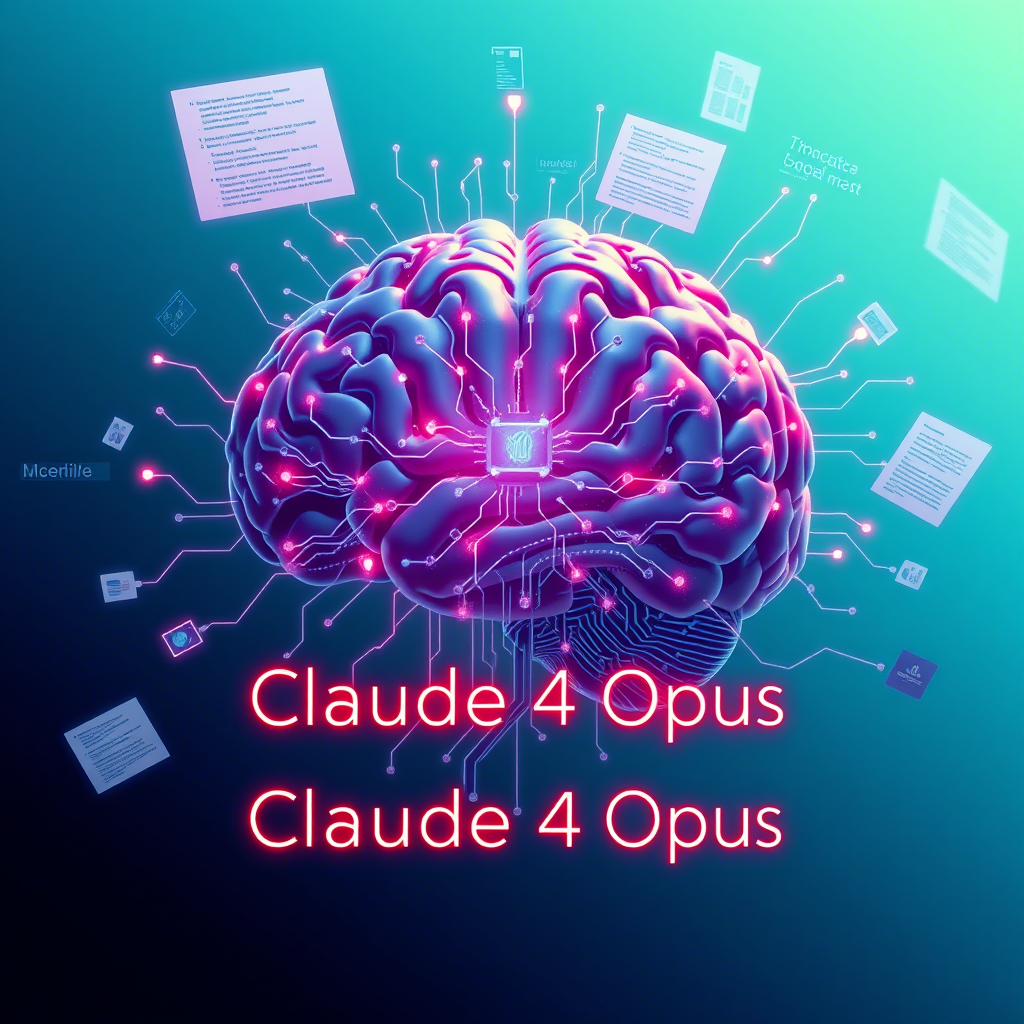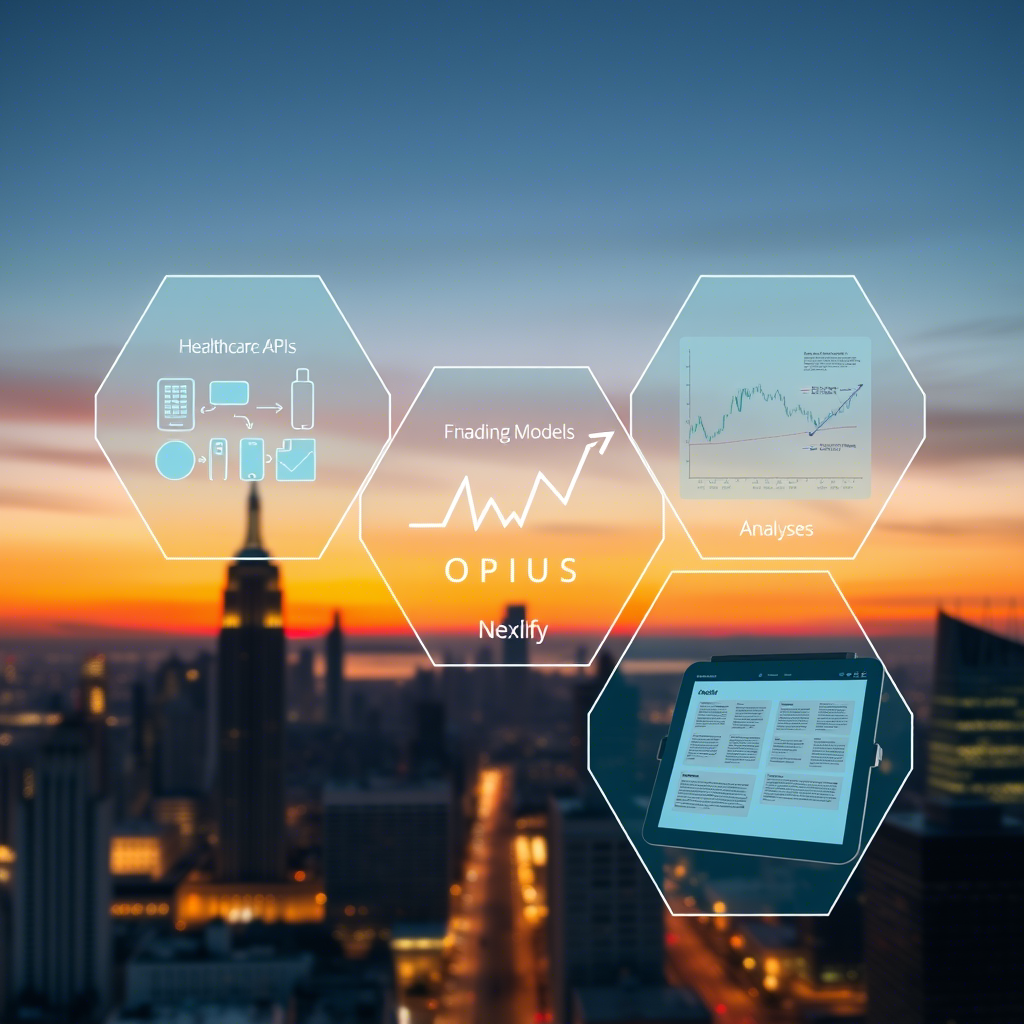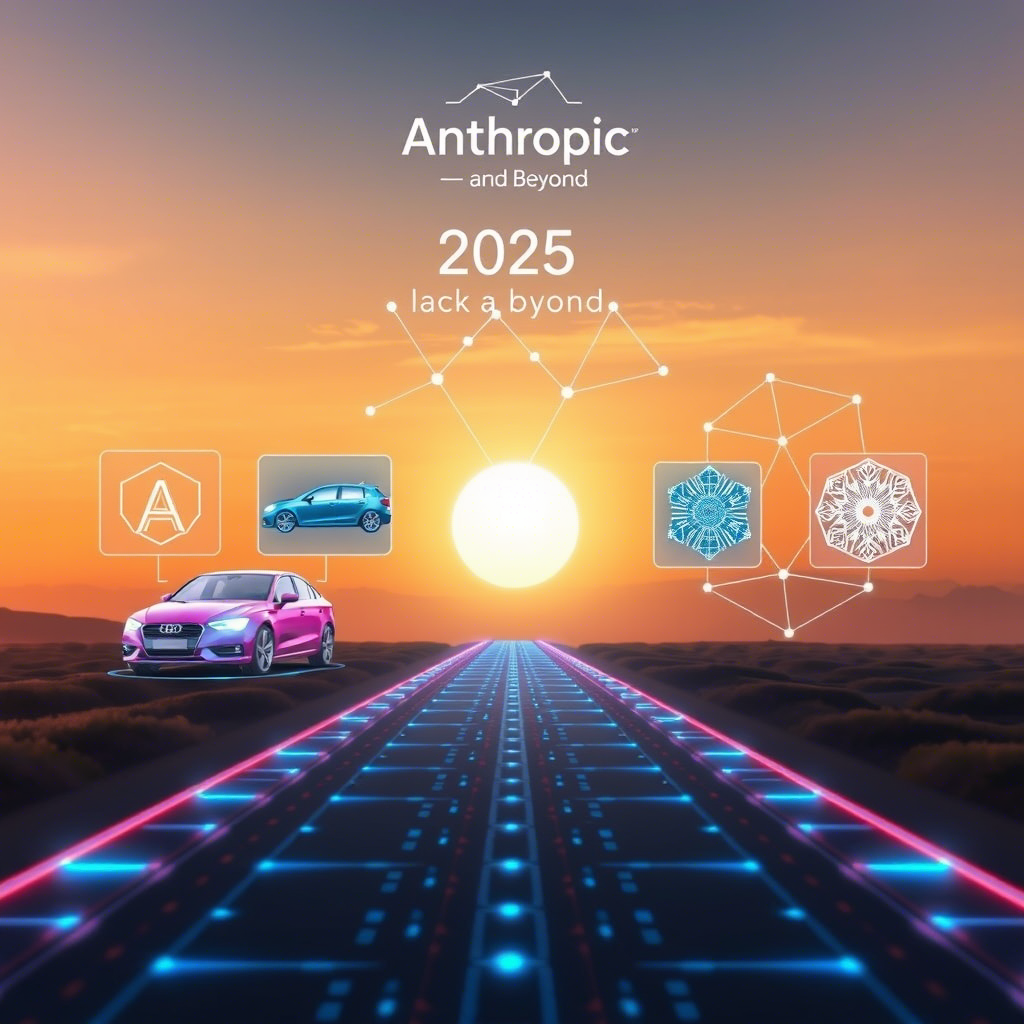Anthropic, a leading AI research company founded by former OpenAI researchers, has officially launched Claude 4 Opus, a groundbreaking AI model poised to redefine the landscape of enterprise software development. Touted as a system capable of rivaling the capabilities of top human coders, Claude 4 Opus is designed to process entire enterprise codebases** with remarkable precision, scalability, and efficiency. This release marks a significant milestone in Anthropic’s mission to advance safe and interpretable AI systems, positioning 2025 as a pivotal year for AI-driven transformation across industries such as healthcare, finance, and law. Developers and industry experts alike are heralding Claude 4 Opus as a game-changer, with its potential to automate complex tasks and reshape entry-level operational roles in ways previously unimaginable.

The Dawn of Claude 4 Opus
Claude 4 Opus represents the culmination of Anthropic’s relentless pursuit to create AI systems that are not only powerful but also aligned with human values. Building on the success of its predecessors—Claude, Claude 2, and Claude 3—Claude 4 Opus introduces unprecedented advancements in natural language processing (NLP), code comprehension, and contextual reasoning. Unlike earlier models, which excelled in conversational tasks and limited code generation, Claude 4 Opus is engineered to tackle the intricacies of enterprise-grade codebases, enabling it to understand, debug, and even optimize sprawling software architectures that power modern organizations.
What sets Claude 4 Opus apart is its ability to process vast amounts of code—hundreds of thousands of lines—in a single pass, a feat that places it in direct competition with the cognitive capabilities of seasoned software engineers. According to Anthropic, the model was trained on a diverse dataset comprising public and proprietary code repositories, technical documentation, and real-world software engineering workflows. This training regimen has endowed Claude 4 Opus with an intuitive grasp of programming languages such as Python, Java, C++, and emerging frameworks, as well as the ability to navigate legacy systems often found in enterprise environments.

A New Era for Enterprise Development
The implications of Claude 4 Opus for enterprise development are profound. Developers who have had early access to the model report that it can perform tasks traditionally reserved for senior engineers, such as refactoring legacy code, identifying security vulnerabilities, and generating optimized algorithms tailored to specific business needs. For instance, a fintech startup testing Claude 4 Opus noted that the model reduced the time required to audit a 50,000-line codebase by 70%, identifying inefficiencies that human developers had overlooked. Such capabilities suggest that Claude 4 Opus could significantly accelerate development cycles, lower operational costs, and enhance software reliability across industries.
“Claude 4 Opus is like having a team of expert coders working around the clock,” said Priya Sharma, a lead software engineer at a San Francisco-based healthcare tech firm. “It doesn’t just write code—it understands the why behind the code, which is critical for maintaining complex systems in regulated industries like ours.”
Beyond technical prowess, Claude 4 Opus is designed with enterprise-grade safety in mind. Anthropic has emphasized that the model incorporates advanced guardrails to prevent the generation of malicious code or unintended behaviors, addressing concerns about AI misuse in sensitive sectors. These safety features, combined with the model’s scalability, make it an attractive solution for organizations seeking to integrate AI into their workflows without compromising security or compliance.

Transforming Entry-Level Roles
While Claude 4 Opus promises to empower developers, its release has sparked discussions about its potential to disrupt entry-level operational roles. In sectors like healthcare, finance, and law, where routine tasks such as data processing, document review, and compliance monitoring dominate, Claude 4 Opus could automate significant portions of the workload traditionally assigned to junior employees. For example, in legal tech, the model’s ability to parse contracts, identify discrepancies, and generate summaries could reduce the need for paralegal support. Similarly, in finance, its proficiency in analyzing transactional data and generating regulatory reports could streamline back-office operations.
Industry analysts predict that 2025 will mark a turning point for AI’s impact on the workforce, with Claude 4 Opus at the forefront of this shift. “We’re entering an era where AI doesn’t just augment human work—it redefines who does what,” said Dr. Elena Martinez, a technology policy researcher at Stanford University. “Entry-level roles that involve repetitive, rule-based tasks are particularly vulnerable to automation, but this also creates opportunities for workers to upskill and focus on higher-value, creative work.”
To mitigate potential job displacement, Anthropic has partnered with educational platforms to offer reskilling programs for workers affected by AI adoption. These initiatives aim to train individuals in areas such as AI system management, prompt engineering, and strategic oversight—roles that are expected to grow as organizations increasingly rely on models like Claude 4 Opus.

Industry Applications and Early Adopters
The versatility of Claude 4 Opus has attracted attention from a wide range of industries. In healthcare, the model is being explored for its ability to develop and maintain electronic health record (EHR) systems, ensuring seamless integration with existing infrastructure while adhering to HIPAA regulations. Early adopters report that Claude 4 Opus can generate custom APIs to connect disparate healthcare platforms, a process that typically requires months of manual coding.
In finance, Claude 4 Opus is being deployed to enhance algorithmic trading platforms and risk assessment tools. Its ability to process real-time market data and generate predictive models has made it a valuable asset for hedge funds and investment banks. Meanwhile, in the legal sector, law firms are leveraging the model to automate due diligence processes, reducing the time and cost associated with mergers and acquisitions.
One notable early adopter is Nexlify, a global IT services provider, which has integrated Claude 4 Opus into its software development lifecycle. “The model has transformed how we approach large-scale projects,” said Nexlify’s CTO, Rajesh Kumar. “It’s not just about speed—it’s about delivering solutions that are robust, secure, and aligned with our clients’ strategic goals.”

Challenges and Ethical Considerations
Despite its promise, Claude 4 Opus is not without challenges. Critics argue that its ability to process proprietary codebases raises data privacy concerns, particularly for organizations handling sensitive information. Anthropic has addressed these concerns by offering on-premises deployment options, allowing enterprises to run Claude 4 Opus within their own secure environments. Additionally, the company has implemented strict data anonymization protocols to ensure compliance with global privacy regulations such as GDPR and CCPA.
Another concern is the energy consumption associated with training and deploying large-scale AI models like Claude 4 Opus. While Anthropic has not disclosed specific figures, industry estimates suggest that training such models can emit significant carbon dioxide. To offset its environmental impact, Anthropic has committed to investing in renewable energy projects and optimizing its inference processes to reduce energy usage.
Ethically, the rise of Claude 4 Opus underscores the need for transparent AI governance. As the model becomes integral to critical systems, stakeholders are calling for greater visibility into its decision-making processes. Anthropic’s focus on interpretability—ensuring that Claude 4 Opus’s outputs can be understood and audited by humans—positions it as a leader in responsible AI development, but ongoing vigilance will be required to maintain public trust.
As Claude 4 Opus rolls out to enterprises worldwide, Anthropic is already looking to the future. The company has hinted at upcoming features, including enhanced multimodal capabilities that would allow Claude 4 Opus to process images, audio, and video alongside text and code. Such advancements could further expand its applications, from autonomous vehicle software development to creative media production.
For now, Claude 4 Opus stands as a testament to the transformative potential of AI in 2025. By empowering developers, streamlining enterprise workflows, and reshaping operational roles, it is paving the way for a new era of innovation. As organizations navigate this evolving landscape, the challenge will be to harness Claude 4 Opus’s capabilities responsibly, ensuring that its benefits are shared equitably across society.

In the words of Anthropic’s CEO, Dario Amodei, “Claude 4 Opus is not just a tool—it’s a partner in building a future where human ingenuity and artificial intelligence work hand in hand.” As 2025 unfolds, the world will be watching to see how this partnership shapes the industries, economies, and workplaces of tomorrow.
Copyrights: Dhaka ai



